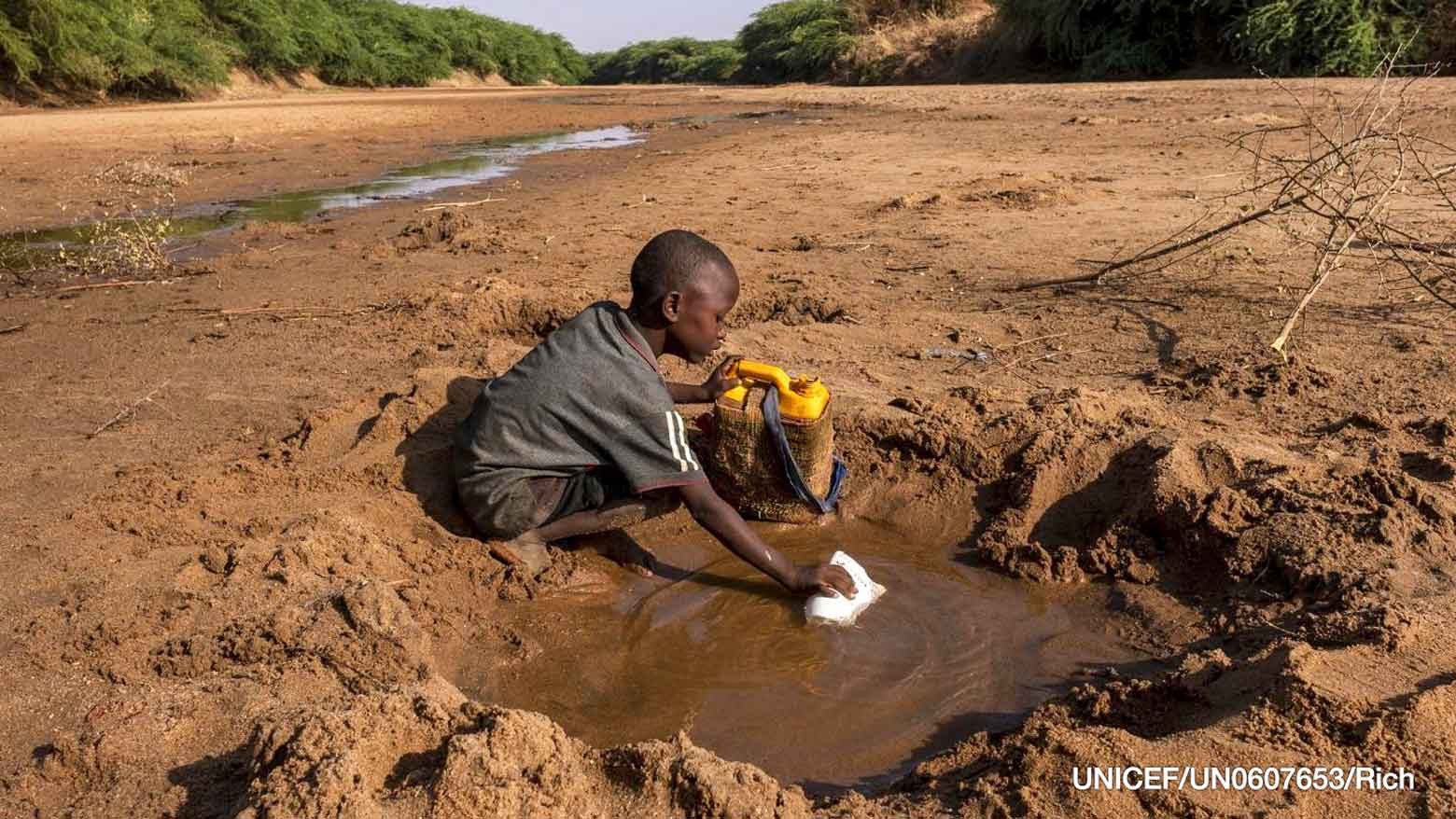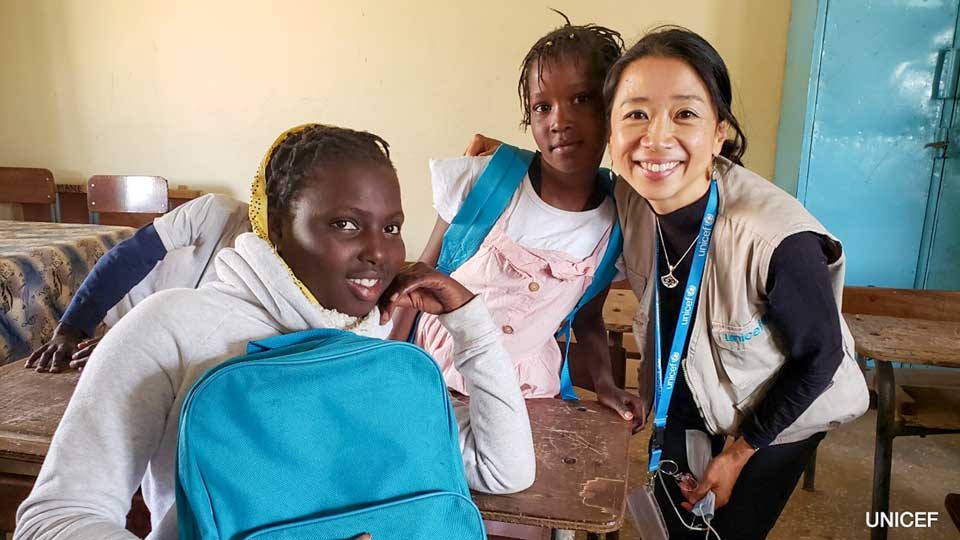
According to UNICEF, people in eastern Africa are suffering from the worst drought in 40 years. Some countries are on the verge of famine. At least 10 million children face severe impact of drought including acute hunger and malnutrition in the Horn of Africa.
The situation is no better on the western side of the continent. "In the Sahel (a sub-Saharan belt stretching from the Atlantic to the Red Sea), 1.5 million children are at risk of suffering from severe acute malnutrition," says Shimizu Ikuko, the Education Specialist at UNICEF's Regional Office for Western and Central Africa stationed in Dakar, Senegal.
Shimizu says the crisis has been driven by a complex interaction of droughts, flood, conflict, displacement and infectious diseases, with the global impact of the Ukraine crisis providing an additional shock that could have catastrophic results across the region. The United Nations' Food and Agriculture Organization estimates that Africa used to get 30 percent of its wheat from Ukraine and Russia. With those supplies diminishing, prices are rising and household budgets are being stretched. Parents who were barely able to afford education expenses before, now have no choice but to pull their children from schools.
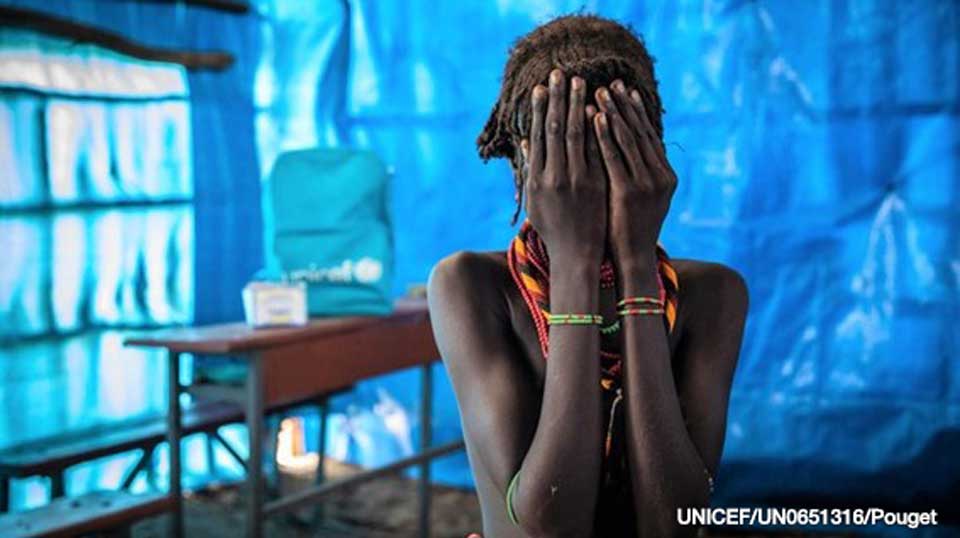
Girls are the most vulnerable
Shimizu says the food shortages and droughts are not just a health issue. They also affect education, especially for girls. People have to travel much further than before to access clean water, and in parts of Africa, that's usually a task for girls.
"Girls are forced to leave classroom and eventually drop out of school. I've met girls who spend four hours daily, waking up at 5 AM to go and fill a pitcher with water… and they do it twice a day.
"The food and nutrition crisis is affecting adolescent girls more severely than any other demographic. More and more families are resorting to marrying off their daughters in order to receive a financial return. And that usually means the girls have to quit school," explains Shimizu.
The husbands often force their wives to perform household chores or fetch water, and rarely want them to be educated.
Girls who are still enrolled in school might still miss up to a week of classes per month because their families can no longer afford sanitary pads.
"If they miss one week every month, they get behind and then usually drop out. That's the reality of Africa," says Shimizu.
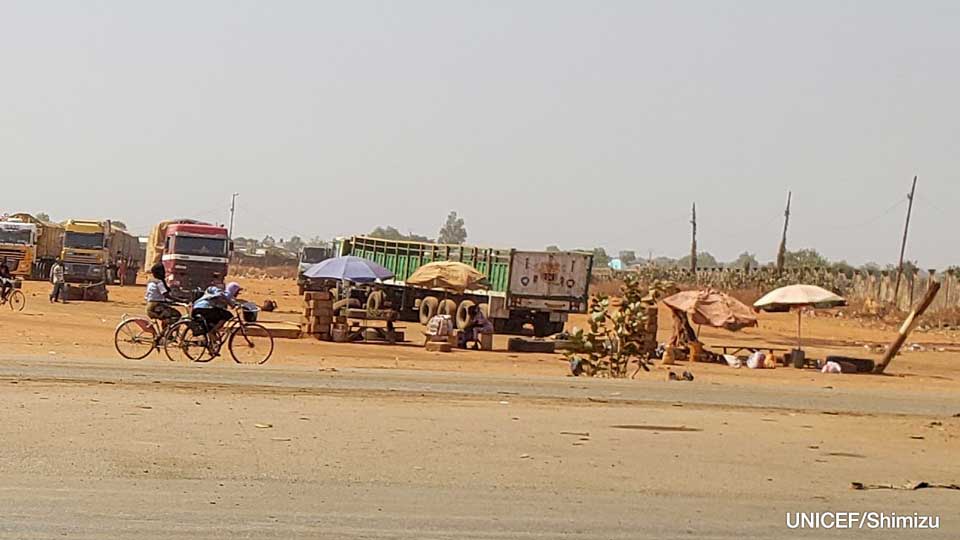
At the end of our interview, Shimizu presents a photograph taken at the Togo-Burkina Faso border.
Extremists have been threatening and attacking schools in seven countries in west and central Africa, forcing 12,000 to close so far.
The photograph shows girls pedaling to schools in a neighboring country -- demonstrating a strong will to continue their education no matter what difficulties they confront.
"Africa faces many challenges: the drought, food crisis, and conflict," says Shimizu. "What we can do is to build resilience in individuals, communities and countries. Education is important for resilience building. A child's education can take more than 10 years, but we should not undermine this long-term investment in the people of Africa."
A correspondent's view: NHK World editor-in-chief and former Africa correspondent Mitamura Taro
When I was a correspondent in Africa, I saw first-hand what schooling can mean for people growing up amid poverty, violence and conflict. The classroom was a place to temporarily escape, to dream about the future, and education offered the possibility of breaking the poverty cycle. The pupils could even learn about their rights and how to resist child marriage and child labor.
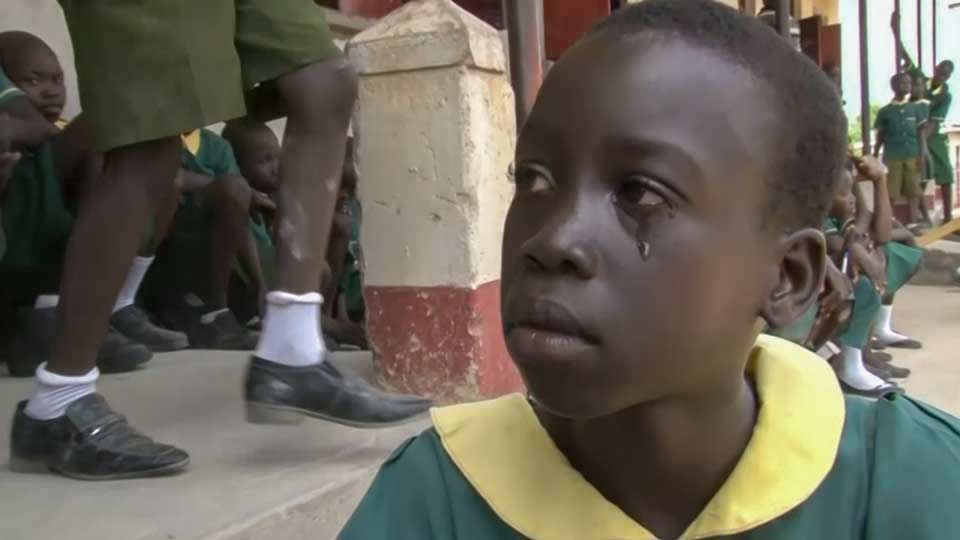
In South Sudan, preparing a report on the displaced people who had fled the fighting, I visited a school for displaced children. One young girl was talking about how happy she was to attend school when suddenly a tear flowed down her cheek. It was a sign both of the traumatic experience of fleeing conflict, and the relief of being able to go to school again.
